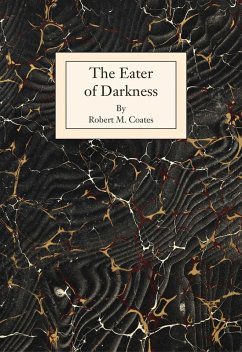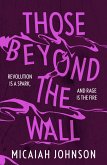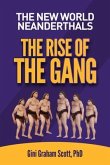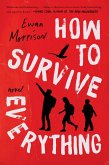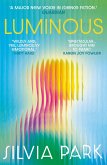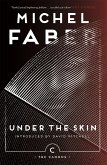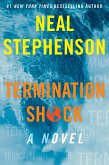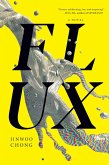Considered by many to be one of the most unique, avant-garde works published by the Lost Generation, The Eater of Darkness is hailed as the first Dada novel published by an American. Previously out of print for more than fifty years, this new edition has been updated with a new introduction and contemporary material that pays homage to the groundbreaking life and career of author Robert M. Coates. "One of the cleverest tours de force ever contrived by the pen of a wit." Young, charming, and fresh from a passionate jaunt in France, Charles Dograr leaves behind his French lover and returns to America to spend a year in New York City. Eager to make his year in New York one to remember, Charles leaves his boarding house room one night in search of an adventure. As he wanders, Charles stumbles into the living quarters of Picrolas, an eccentric, crazed scientist who refers to himself as "the Eater of Darkness." Picrolas reveals his prized invention: a remote-control x-ray machine, designed to electrocute and kill at random by shooting "x-ray bullets" into the brains of Picrolas' intended targets. Tricked by Picrolas into releasing the trigger, Charles is instantly taken by the machine and the power it holds. After a string of murders ensue, Charles agrees to help Picrolas plot an elaborate bank heist, using the x-ray bullets to kill the bank's guards and any unlucky witnesses that happen to be on the street during the heist. As the city is terrorized by these mysterious murders, Charles becomes entangled in the fallout. Characters disappear and reappear; events spiral in a disorienting, antirealistic fashion; and genres collide in an unpredictable, dreamlike conclusion. Often compared to Flann O'Brien's The Third Policeman, The Eater of Darkness is many things: both an acclaimed crime novel and a study in surrealist fiction; an experimentation of style, structure, and syntax; and an innovative, avant-garde concoction from an author who wrote years ahead of his time.
Dieser Download kann aus rechtlichen Gründen nur mit Rechnungsadresse in A, B, BG, CY, CZ, D, DK, EW, E, FIN, F, GR, HR, H, I, LT, L, LR, M, NL, PL, P, R, S, SLO, SK ausgeliefert werden.

